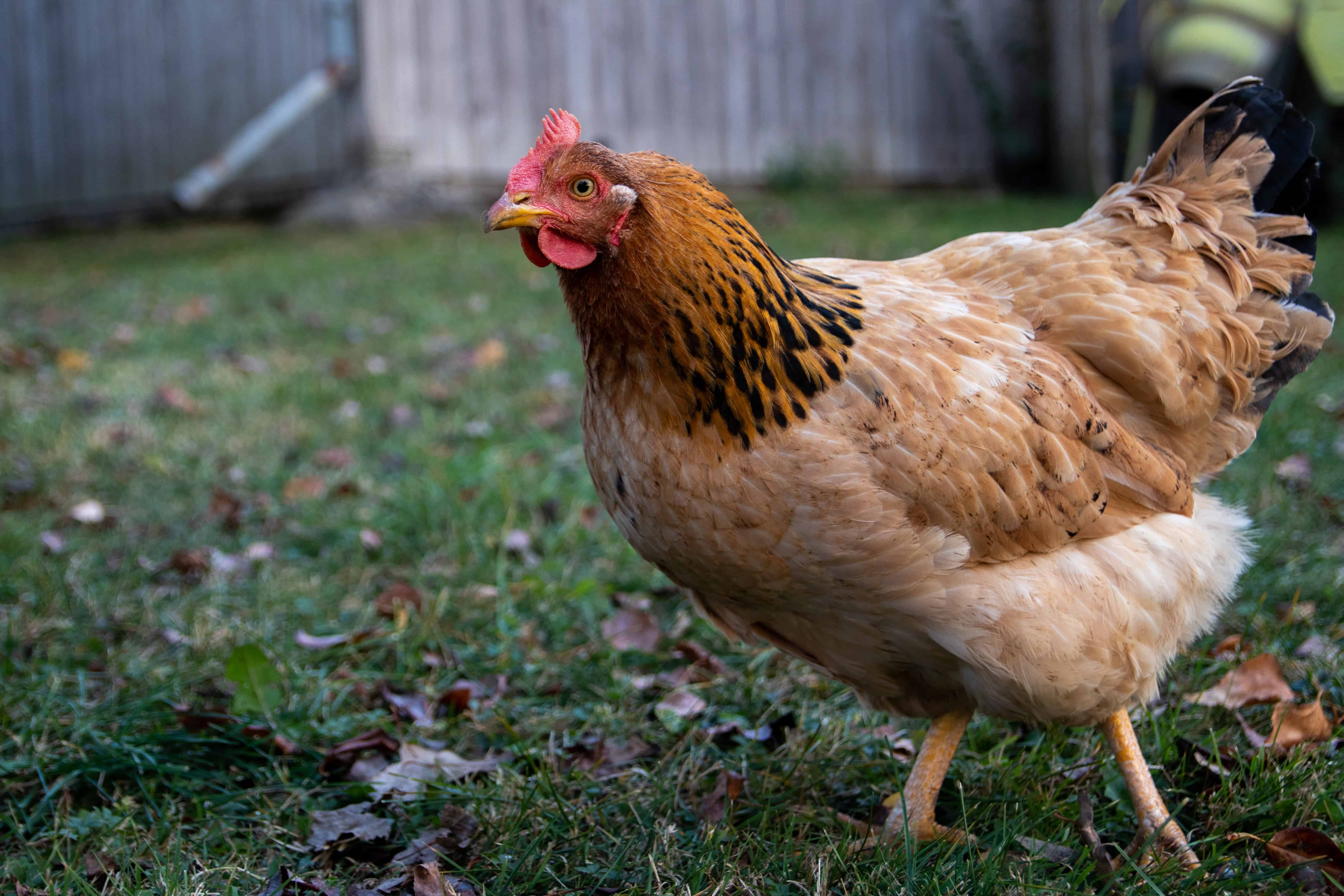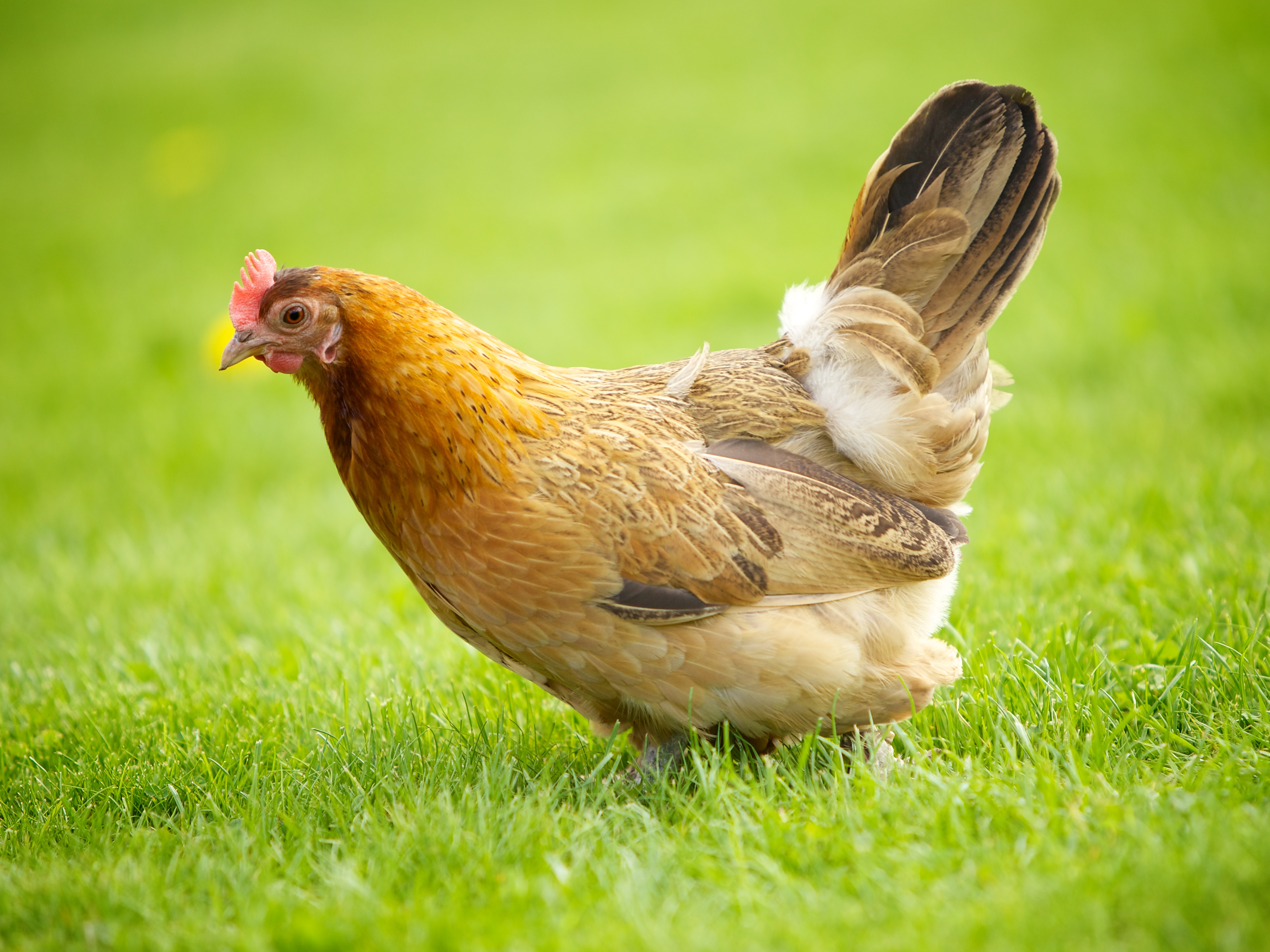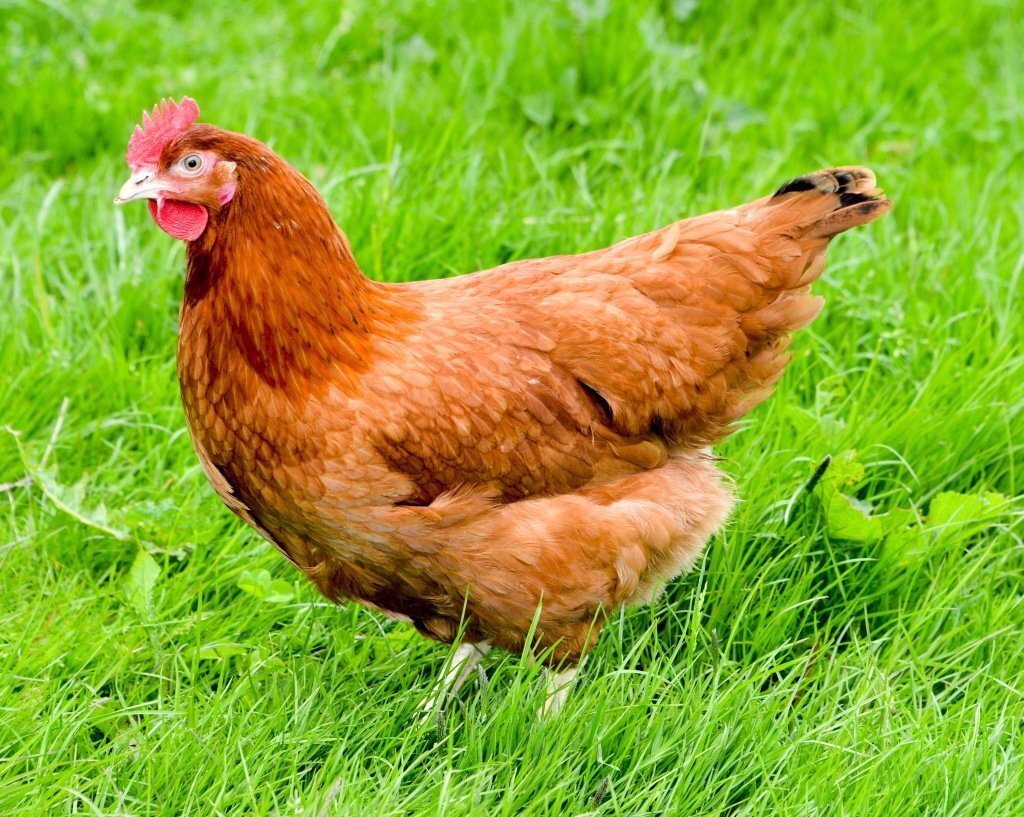Living in New York City, a place known for its towering buildings and fast pace, you might think there's little room for anything but concrete and steel. Yet, a quiet movement is taking hold, bringing a touch of the countryside right into the heart of the five boroughs. This is the story of the `hen house nyc`, a concept that's sparking curiosity and offering a fresh take on city life. People are, you know, really interested in where their food comes from these days, and finding ways to connect with nature, even in a big place like this, feels pretty good, actually.
For many, the idea of a `hen house nyc` might seem a bit unusual, maybe even a little strange. How could chickens, those charming farm birds, fit into such a dense urban setting? Well, it turns out that with a bit of planning and a lot of heart, these feathered friends are finding their place, bringing fresh eggs and a unique kind of peace to city dwellers. It’s a trend that's, like, slowly but surely gaining traction, offering a glimpse into a more sustainable way of living, which is rather nice.
This growing interest in `hen house nyc` isn't just about having a few chickens around; it’s about a bigger shift towards local food systems, community building, and understanding where our meals originate. It's, arguably, a surprising but welcome addition to the city's diverse fabric, showing that even in the busiest spots, a connection to something more natural is possible. We'll explore what it all means for residents and the future of urban farming here, you know, in the city.
Table of Contents
- What Exactly is a Hen House NYC?
- Why Urban Hens Are Making a Comeback
- The Benefits of a City Hen House
- Navigating the Challenges and Regulations
- Community Hen Houses and Shared Spaces
- Getting Started with Your Own Urban Flock
- Frequently Asked Questions About Hen House NYC
- The Future of Urban Poultry in the Big Apple
What Exactly is a Hen House NYC?
When someone mentions a `hen house nyc`, they're usually talking about a spot where chickens, specifically hens, are kept within the city limits. This could be a small, private coop in a backyard, if you're lucky enough to have one, or a larger, shared space in a community garden. It's, basically, a dedicated shelter designed to keep these birds safe, warm, and comfortable while providing a spot for them to lay their eggs. These structures are often built with urban constraints in mind, so they tend to be compact and efficient, which is quite clever.
The True Meaning of a Hen
It's interesting, people often use "chicken" and "hen" as if they're the same word, but they're not quite. According to what we know, a hen is, simply put, a female chicken, especially one that's old enough to lay eggs. A chicken, by contrast, is a broader term for the bird species as a whole, covering males (roosters), females (hens), and young ones (chicks or poults). So, when we talk about a `hen house nyc`, we're specifically focusing on those wonderful egg-laying ladies. These birds, as a matter of fact, were first brought into homes around 8,000 years ago, originating from the red junglefowl in Southeast Asia, which is a pretty long time.
Why Urban Hens Are Making a Comeback
There's a definite buzz around urban farming these days, and hens are right at the center of it. People are becoming more interested in knowing where their food comes from, wanting fresh, local produce and eggs that haven't traveled far. A `hen house nyc` offers just that: a direct line to incredibly fresh eggs, often more flavorful than anything you'd find in a store. It's, in a way, a return to simpler times, a bit of country charm nestled right into the urban sprawl, which many find quite appealing.
Beyond the eggs, hens bring a certain charm and educational value. For families, having a `hen house nyc` can be a wonderful way to teach kids about animal care, responsibility, and the natural cycle of life. They're also, you know, quite entertaining to watch, with their distinct personalities and funny antics. This connection to living creatures in a city environment is something many are really looking for these days, offering a unique kind of engagement.
The Benefits of a City Hen House
The advantages of having a `hen house nyc` go beyond just getting fresh eggs. For one, hens are excellent at pest control; they love to scratch around and eat bugs, which can help keep garden pests in check. They also produce fantastic fertilizer, which is great for gardens and composting efforts. It's, basically, a little ecosystem helping itself, which is pretty neat.
Another big plus is the sustainability factor. Keeping hens reduces your reliance on industrial egg production, cutting down on packaging and transportation. It promotes a more self-sufficient lifestyle, which is a growing desire for many urban residents. Plus, the fresh eggs from a `hen house nyc` are often richer in color and taste, making them a true culinary treat, you know, a real difference you can taste.
There's also the community aspect. A `hen house nyc` can become a focal point, drawing neighbors together, sparking conversations, and even leading to shared responsibilities for care. It builds a sense of connection and local pride, which is, actually, a valuable thing in a big city. People often find joy in sharing the bounty of fresh eggs with friends and family, creating a lovely bond.
Navigating the Challenges and Regulations
While the idea of a `hen house nyc` sounds lovely, it's not without its hurdles. Space is, obviously, a major consideration in New York City. Most apartments don't have the outdoor area needed for a coop, so this usually applies to those with private yards or access to community garden plots. Noise can also be an issue, though hens are generally quieter than roosters, which are typically not allowed in the city anyway. The smell, if not managed properly, can be a concern for neighbors, so keeping the coop clean is very important.
Then there are the regulations. New York City does permit residents to keep chickens, but there are specific rules and guidelines to follow. These often relate to the number of birds, coop size, and sanitation. It's, clearly, not something you can just jump into without doing your homework. You need to check with the Department of Health and Mental Hygiene for the most current rules, as they can change. Understanding these rules is a vital step for anyone considering a `hen house nyc`.
Predators are another thing to think about. Raccoons, rats, and even stray cats can pose a threat to urban hens, so a secure and well-built coop is absolutely necessary. It's, in fact, a constant consideration for the safety of your flock. Ensuring the coop is sturdy and escape-proof is, you know, a top priority for any `hen house nyc` owner.
Community Hen Houses and Shared Spaces
For those without private outdoor space, community gardens and shared `hen house nyc` initiatives offer a fantastic alternative. These collective efforts allow multiple people to contribute to the care of a flock and share in the eggs. It's a way to experience the joys of urban chicken keeping without the burden of sole responsibility. This model is, basically, perfect for city living, fostering a sense of shared purpose and connection.
These community-based `hen house nyc` projects often become educational hubs, where people can learn about sustainable practices, animal welfare, and even composting. They provide a green oasis in the urban environment, offering a unique opportunity for city dwellers to engage with nature. It’s, arguably, a brilliant solution for bringing more green initiatives to concrete jungles, making urban farming more accessible to everyone.
Getting Started with Your Own Urban Flock
If you're thinking about creating your own `hen house nyc`, the first step is always thorough research. Understand the local regulations inside and out. Then, consider the space you have available and design a coop that's safe, secure, and comfortable for your birds. Remember, a hen needs enough room to move around, perch, and lay eggs comfortably. You'll want to make sure it's well-ventilated but also protected from the elements, which is pretty important.
Choosing the right breed of hen is also key. Some breeds are better suited for urban environments due to their temperament or egg-laying habits. You'll also need to think about sourcing your chicks or hens responsibly, making sure they come from a reputable place. Caring for hens involves daily feeding, fresh water, and regular cleaning of the coop. It's a commitment, but one that many find incredibly rewarding. Learn more about urban farming on our site, and link to this page for detailed chicken care tips.
Frequently Asked Questions About Hen House NYC
Here are some common questions people often have about keeping hens in New York City:
Can you keep chickens in NYC?
Yes, you can actually keep chickens in New York City. The city's health code permits residents to keep chickens, but there are certain rules you need to follow, particularly concerning sanitation and the number of birds. Roosters are typically not allowed due to their noise, so it's mostly about hens. It's, you know, a pleasant surprise for many who thought it was impossible.
What are the regulations for urban chickens in New York City?
The regulations for keeping chickens in NYC mainly focus on ensuring public health and safety. This means keeping coops clean, managing waste properly, and preventing pest infestations. While specific details can change, it's generally about maintaining sanitary conditions and not causing a nuisance to neighbors. You should always check the latest guidelines from the NYC Department of Health and Mental Hygiene for the most up-to-date information, which is, obviously, crucial.
Where can I find a community hen house in NYC?
Community `hen house nyc` projects are often found within public or private community gardens across the boroughs. These spaces are typically managed by groups of volunteers or local organizations. A good starting point would be to search for "community gardens with chickens NYC" online or inquire at your local green spaces. They are, in fact, wonderful places to learn and connect with like-minded people.
The Future of Urban Poultry in the Big Apple
The idea of a `hen house nyc` is, honestly, more than just a passing fad; it represents a deeper shift in how city dwellers relate to their food and their environment. As more people seek sustainable practices and a connection to nature, urban poultry keeping could become an even more integrated part of the city's green initiatives. It's a testament to New Yorkers' ingenuity and desire to create pockets of natural living amidst the urban density. The movement is, in some respects, still growing, with more and more people discovering the simple joys of fresh eggs from their very own city hens. For more information on urban farming, you might find this article helpful: NYC Urban Agriculture.



